Iran calls on IAEA to observe impartiality in its reports
Iran has called on the International Atomic Energy Agency (IAEA) to observe impartiality in its reports on the country's nuclear activities, emphasizing that Tehran has fully complied with its commitments under the Comprehensive Safeguards Agreement.
The remarks were made in an explanatory note issued by Iran's Permanent Mission to the United Nations Office and other international organizations in Vienna on Tuesday, outlining the Islamic Republic’s views on two recent reports by the IAEA's director general to its Board of Governors.
Iran has made every effort to enable the IAEA to effectively carry out its verification activities in the country, including safeguards and monitoring measures that are unique to the IAEA's verification regime, the document said.
It also emphasized that Iran's decision to suspend the implementation of its JCPOA (the Joint Comprehensive Plan of Action) commitments was fully in line with the country's inherent rights under the nuclear deal, in response to the illegal US withdrawal from the agreement and the inability of the E3 to adhere to their commitments.
Iran further denounced E3's decision to refrain from implementing their sanctions-lifting commitments, describing it as “an unlawful act” and another blatant example of their failure to fully comply with their obligations under both the JCPOA and UN Security Council Resolution 2231.
The document also stated that from a legal point of view, the IAEA's assessments are based on unreliable information and invalid documents provided by Israel that not only constantly conspires against Iran's relations with the agency, but also commits sabotage, attacks, and threat of attacks against the Islamic Republic.
Recently, persistent political pressure exerted by certain countries has reached a point where even technically resolved issues are subsequently changed in the IAEA's reports, contrary to what was agreed upon, it said.
These politically-motivated pressures prevent the agency from performing its professional and impartial role, the document added.
On Monday, Rafael Grossi, the director general of IAEA, repeated his previous claims about lack of cooperation on Iran’s side on certain issues, including its refusal to allow several Agency inspectors to continue to carry out missions in Iranian nuclear sites.
He also claimed that Iran has yet to provide the IAEA with “technically credible explanations” about the presence of uranium particles at two of its nuclear sites.
Iran and world powers reached a landmark nuclear agreement in 2015, under which Tehran curbed parts of its nuclear program in exchange for the removal of sanctions imposed on the Iranian economy.
Tehran started to suspend some of its obligations under the agreement in 2019, a year after the US government, under Donald Trump, abandoned the deal and reinstated sanctions on Iran.
Iran then agreed to some additional IAEA inspections under the Joint Statement and resolved issues related to one of the three sites and the alleged presence of uranium particles there.
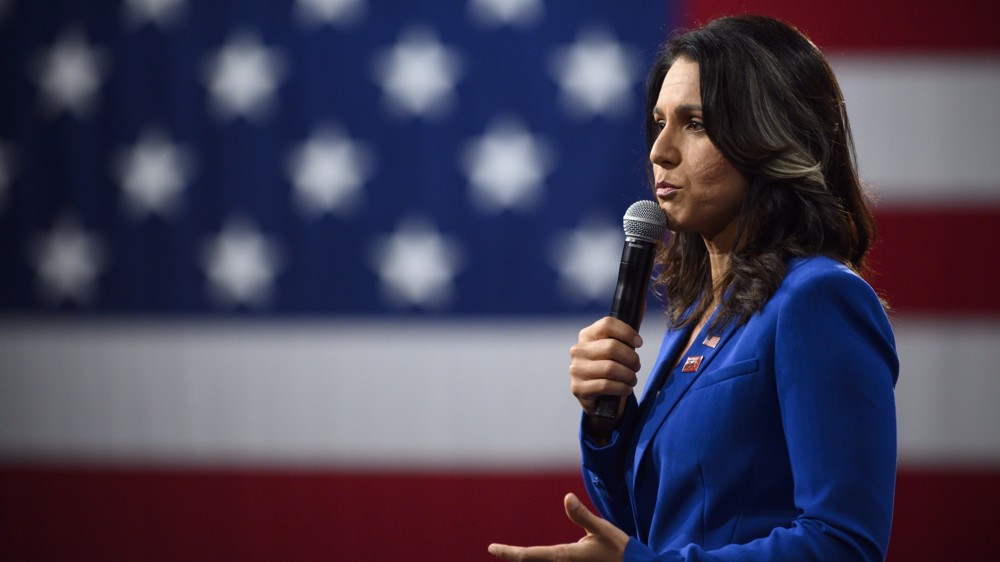
US intel report: Iran ‘not building nuclear weapon’
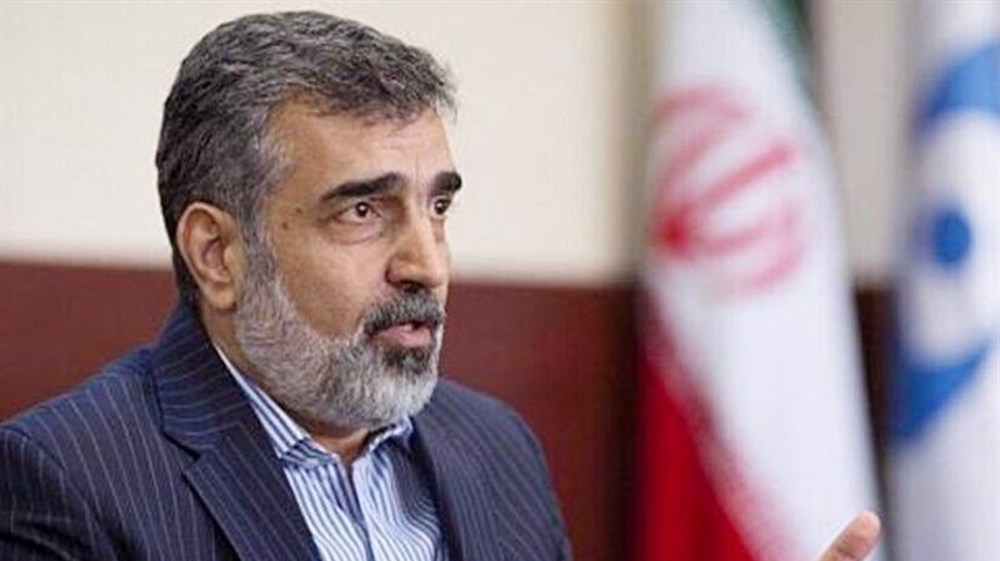
Iran warns against ‘adverse’ consequences of West’s undue pressure
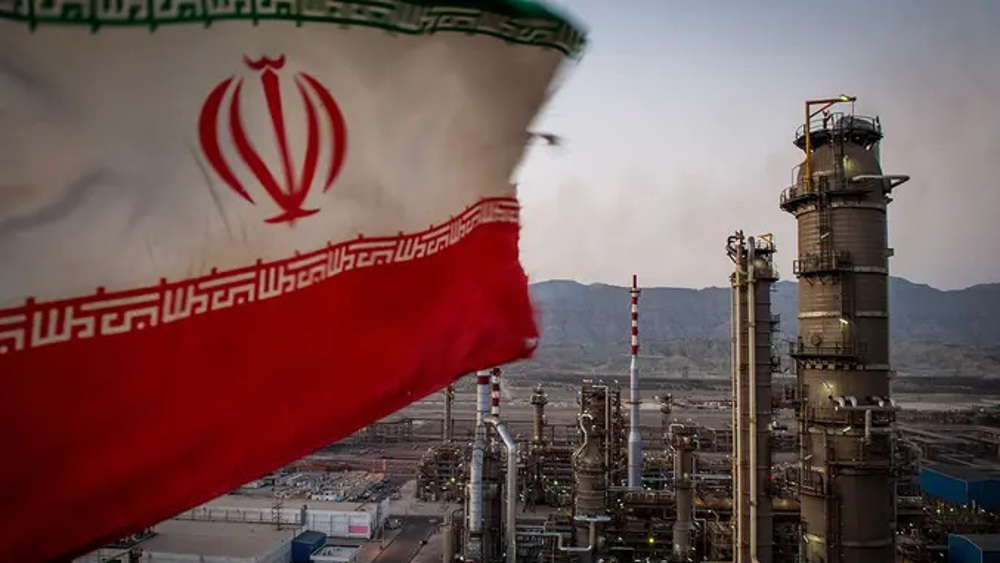
US imposes new round of sanctions against Iran
Pro-Palestinian student leaves US amid deportation threats
US announces new sanctions targeting Iran’s drone program
Israel has killed over 300 children since it broke Gaza ceasefire: UNICEF
Iran determined to implement all its agreements with Iraq: President Pezeshkian
VIDEO | Leader meets with ambassadors, officials on Eid al-Fitr
Iran to inaugurate second phase of Chabahar spaceport
Qatar joins Israel for 'side by side training' in aerial drills in Greece
'Land of the unfree': Trump admin’s war on pro-Palestine activism on US campuses


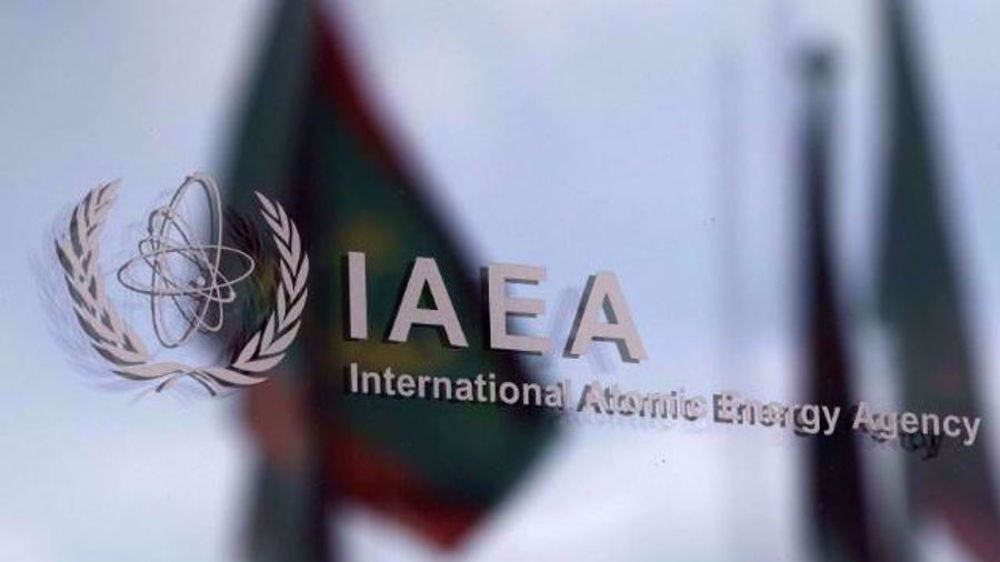
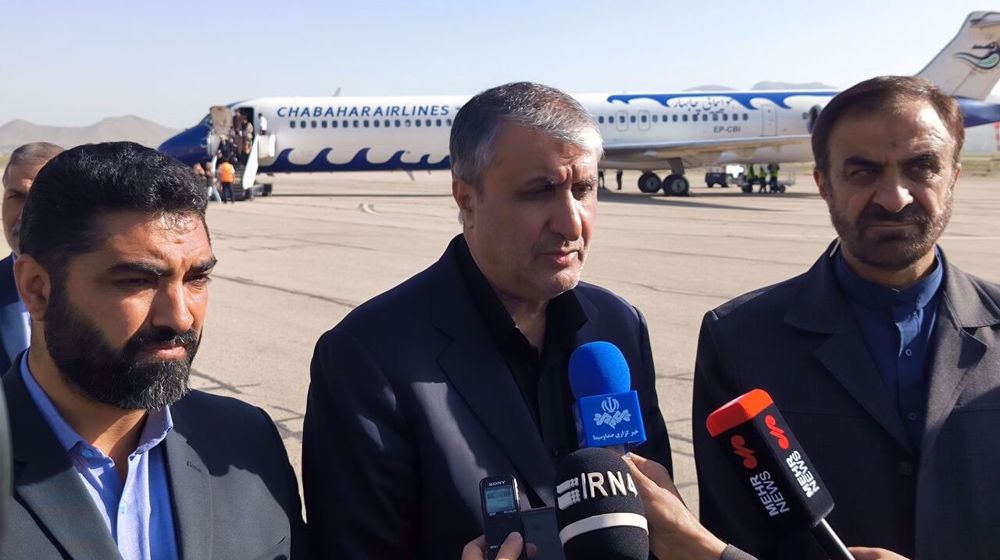
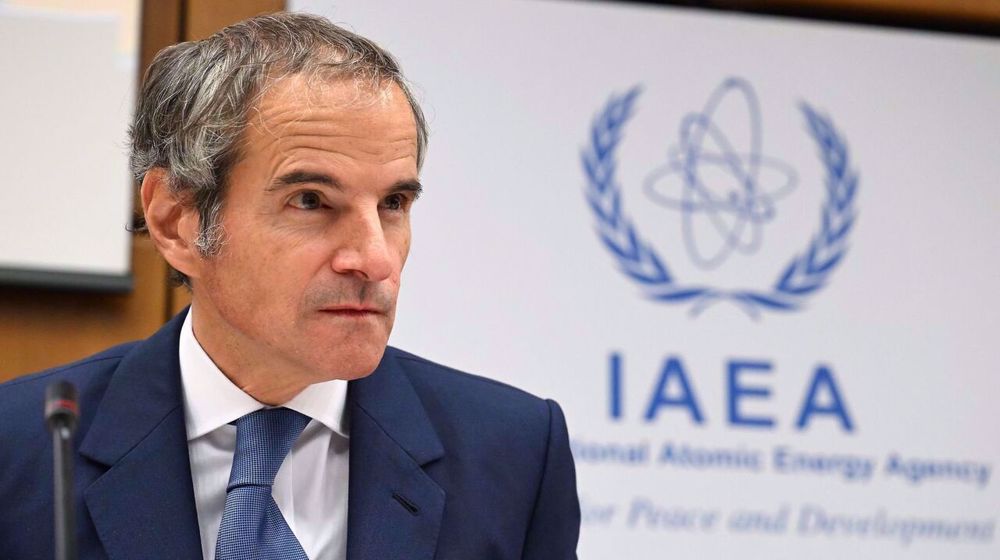



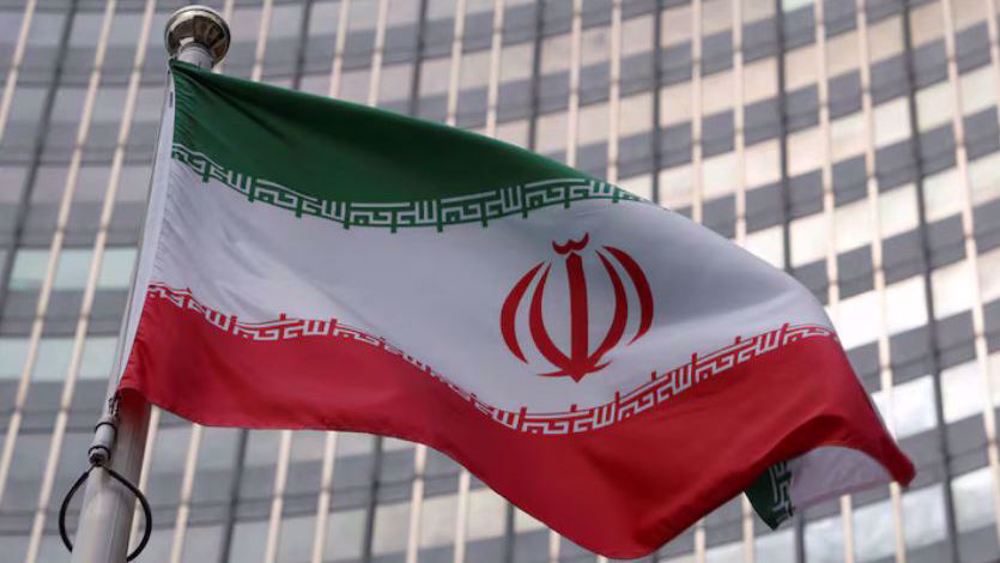
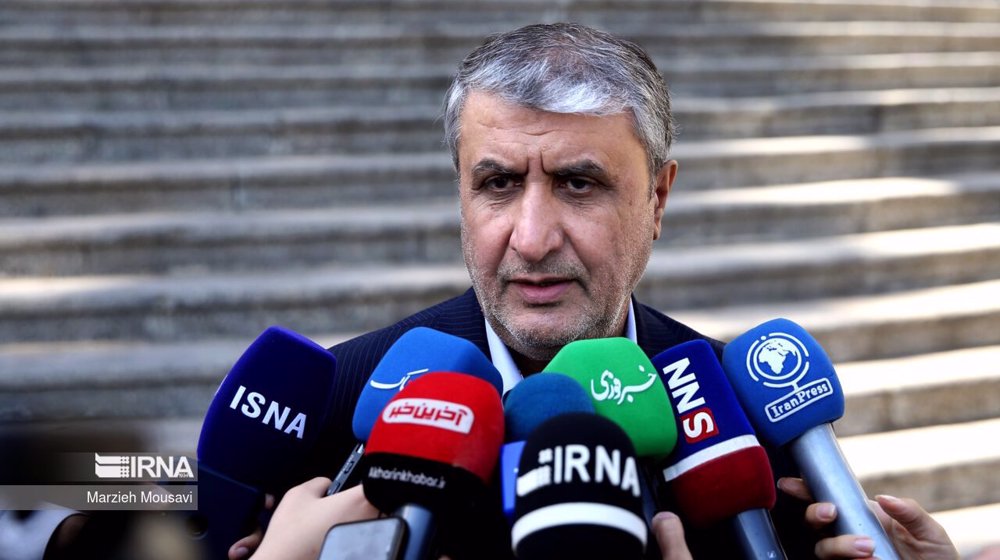
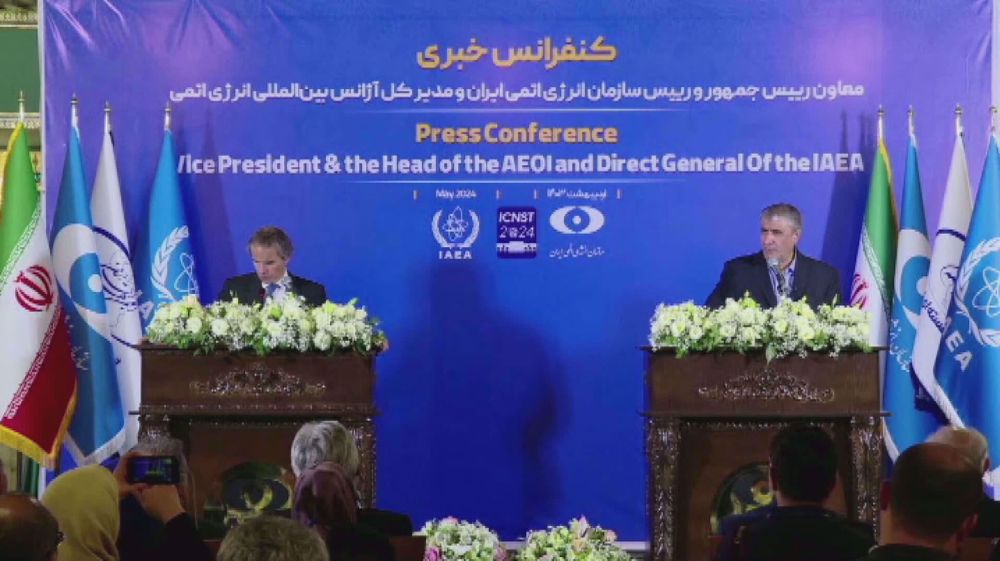

 This makes it easy to access the Press TV website
This makes it easy to access the Press TV website